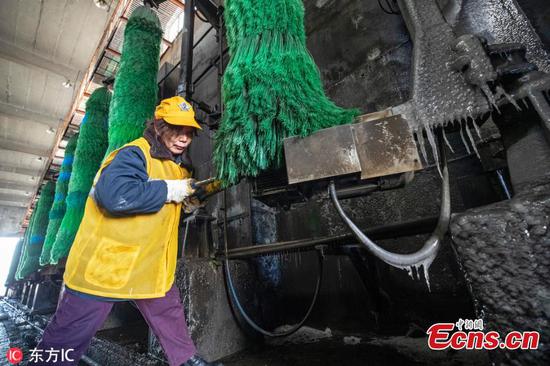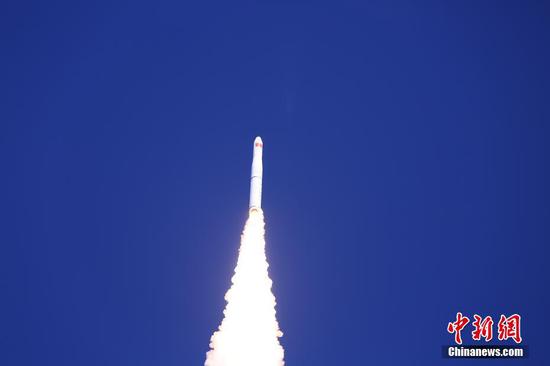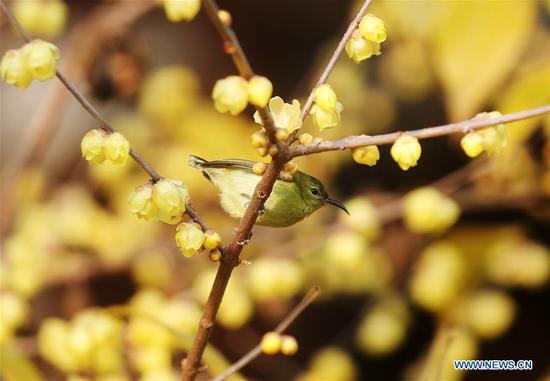An Israeli study said on Tuesday that plants adjust their photosynthesis level to changes in the intensity of sunlight.
This adjustment is carried out using a sophisticated sensing system similar to the response of the human eyes' pupils, according to the study by Israel's Weizmann Institute of Science.
The mechanism allows the plant to best utilize sunlight in changing conditions, such as when clouds come and go or when the wind changes the angle of the leaves relative to the sun.
As plants need light energy to grow, it was widely believed that photosynthesis increases in direct proportion to the intensity of sunlight until it reaches a limit that produces "stress" for the plant to activate correction mechanisms to reduce photosynthesis.
However, the Israeli scientists, who measured the radiation emitted from the plant at low light level, found that photosynthesis increases and weakens gradually.
The study shows that the plant responds immediately even to very small sudden increases in light, as if the plant prepares for a worse scenario: a dangerous increase in light intensity, to reach the right balance between safety and efficiency.


















































